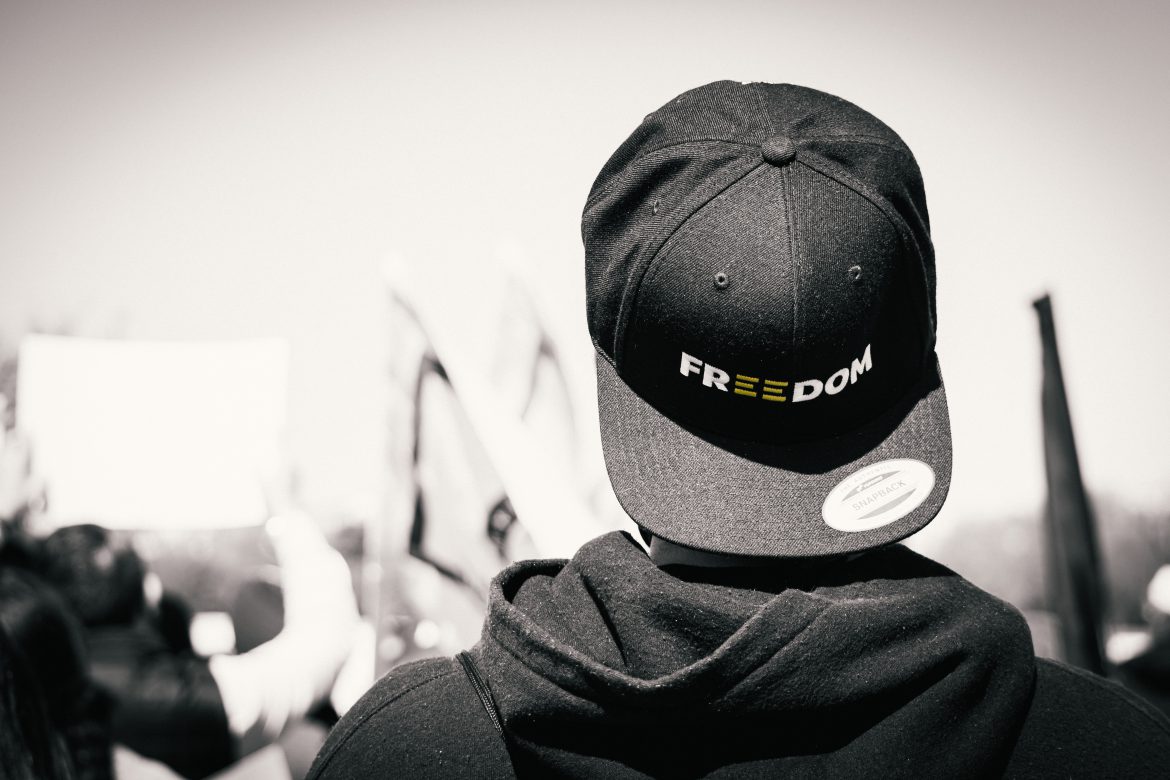Free speech is defined in the First Amendment of the US constitution. The First Amendment provides the right to free speech defined by the American founding fathers for generations to come. Free speech protects people’s natural right to free expression.
But today, there have arisen challenges to the natural right to speak freely in the US. Significant technological advancements that have brought transformations in the functioning of societies and created ambiguities in protecting rights specified in the First Amendment. Controversial topics ranging from pornography and nude dancing to hate speech and bad conscience have become difficult to contextualize.
The First Amendment protects citizens by imposing limitations on Congress to prevent it passing laws that curtail the right to free speech and do not respect freedom. This amendment ensures freedom of speech, the press, assembly, and religion. The First Amendment maintains that government agencies do not have the power to curtail free speech. It does not serve private employers, agencies, and organizations. The Supreme Court of the US has categorized certain types that do not fall under the definition of free speech including defamation, threats, fighting words, obscenity, child pornography, and commercial advertising. The First Amendment does provide freedom for entertainment, vulgarity, hate speech, blasphemy, and violent video games.
Ensuring free speech naturally protects hate speech. In recent times, the most contentious issues have involved the development of so-called speech codes designed to restrict certain kinds of speech deemed by the administration to be offensive. Free speech has evolved significantly over the years, most importantly, in the aftermath of revolutions in media technology. The advent of television, radio, and social media has radically transformed the flow of information and provided unique platforms for speech. These changes have raised regulatory hurdles. The public square exists virtually. The issue is the control of communication platforms, which is monitored and regulated by a few individuals and companies.
The First Amendment’s seemingly simple command that “Congress shall make no law … abridging the freedom of speech, or of the press” becomes exceedingly complex in application to electronic media. What happens if tech companies decide to ban Twitter and Facebook accounts – or even, as they did in the aftermath of the January 6 insurrections, ban the Twitter account of the President of the US? Is that a violation of the rights enshrined in the First Amendment? What about the protest held by the National Football League (NFL) when the players supported the Black Lives Matter movement by kneeling during the National Anthem? The player conduct fell under the privacy act as the players are the employees of the private owners of the NFL team. In all these events, the First Amendment injunctions cannot be utilized.
Democracies, including the US, have enacted laws that restrict online speech. This is alarming for policymakers and civil society. They consider the internet a valuable medium for free speech and expression. The rising waves of controversies related to hate speech have surfaced with the renewed incidents that triggered movements such as Black Lives Matter and Me Too. These movements have pushed lawmakers to design laws to protect and punish speech that are racially harmful or offensive for different identities.
The other trend that is threatening free speech and the essence of the First Amendment is the growing debate over the issue of whether schools and universities should restrict speakers whose messages are offensive to students based on their race and gender. Another controversy surrounding the effectiveness of the First Amendment concerns the recent question of whether a public official’s speech through social media platforms will be covered under the pretext of the First Amendment. Keeping these subtle threats in view, the response should be widening the space for the people to exercise speech that they consider cherishing and most appropriate. The advantages of freedom of expression for our society are manifold. Free speech provides self-fulfillment. It helps attainment and advancements of knowledge and the search for truth. The foremost need for strengthening the First Amendment lies in the role of universities. The universities provide an environment where students learn peace, tolerance, and reciprocity. Universities allow students to participate and practice activities of their choice without facing discrimination and prejudice. The World Economic Forum’s (WEF) founder, Klaus Schwab, termed technological advancements a “Fourth Industrial Revolution.” He stressed transformation from traditional governance structures and policy-making models to more advanced and agile methods of governance that includes the utilization of new and sophisticated technology.
